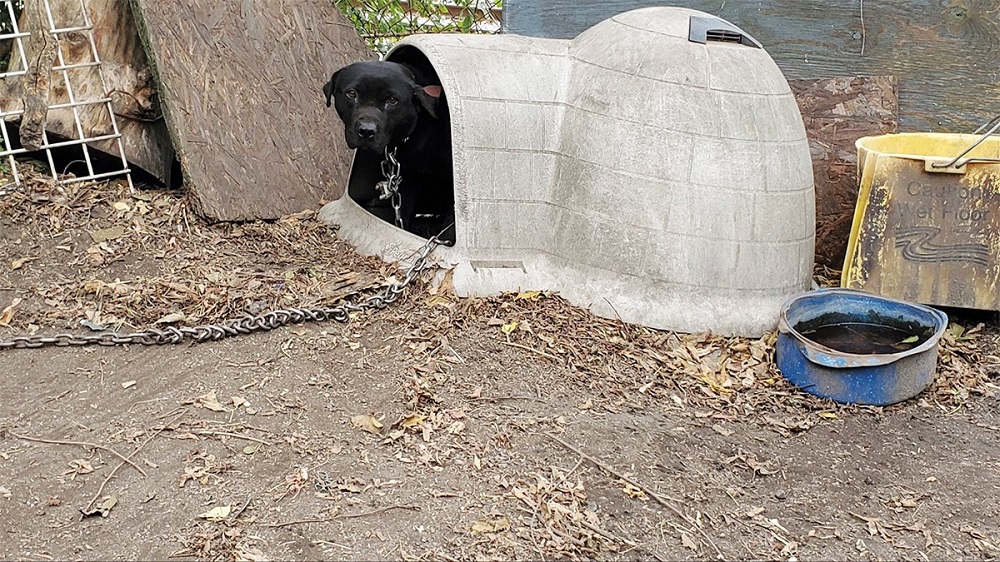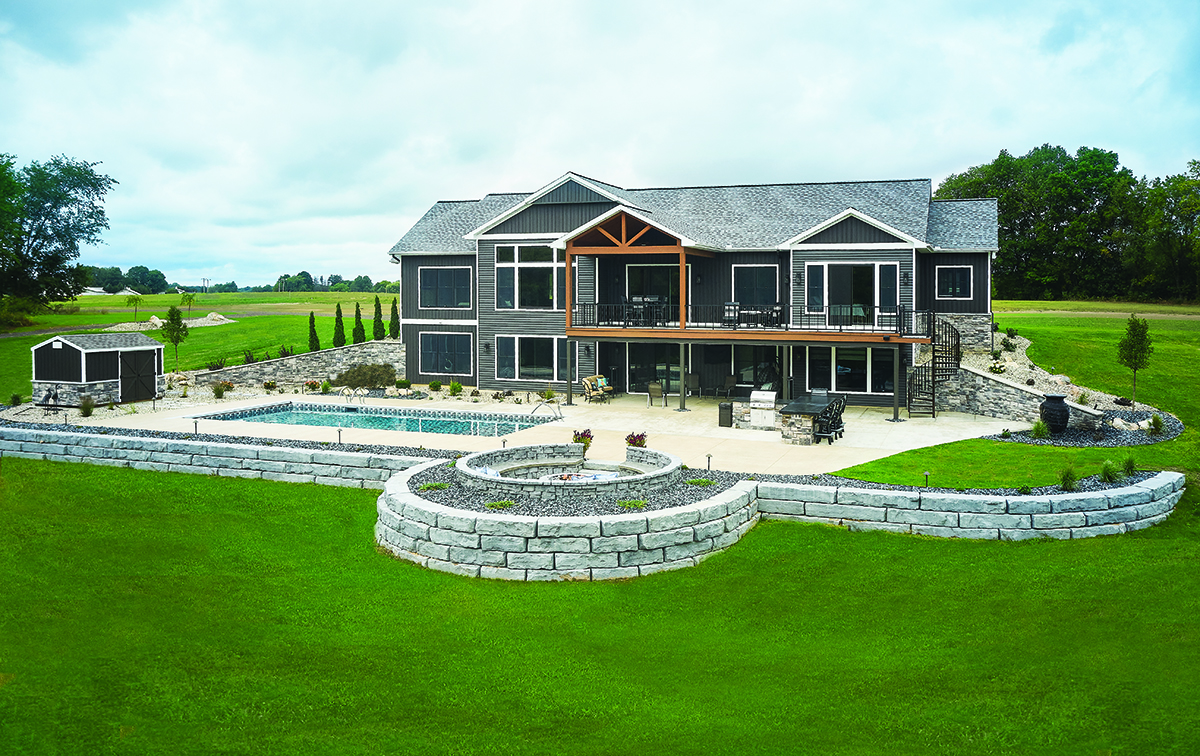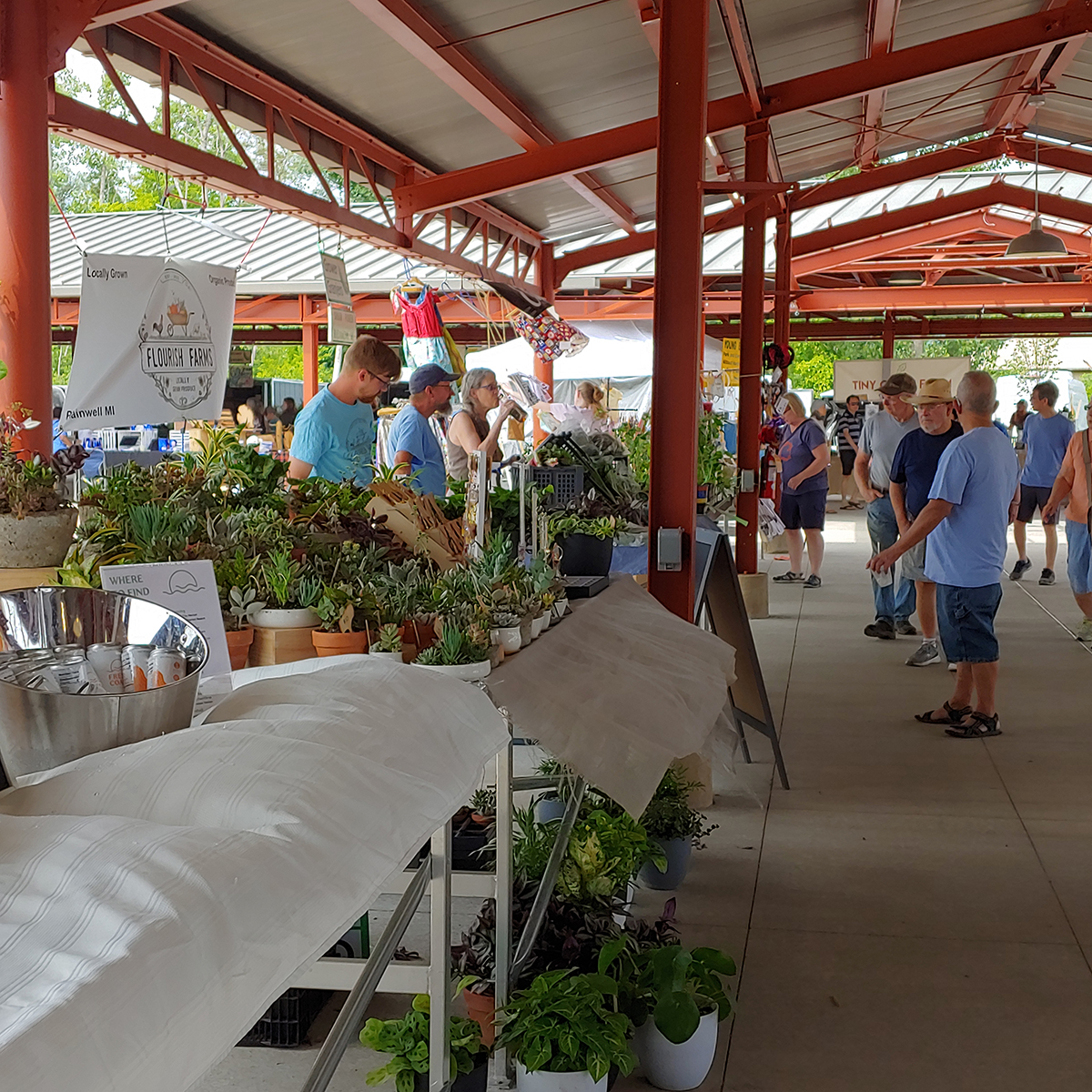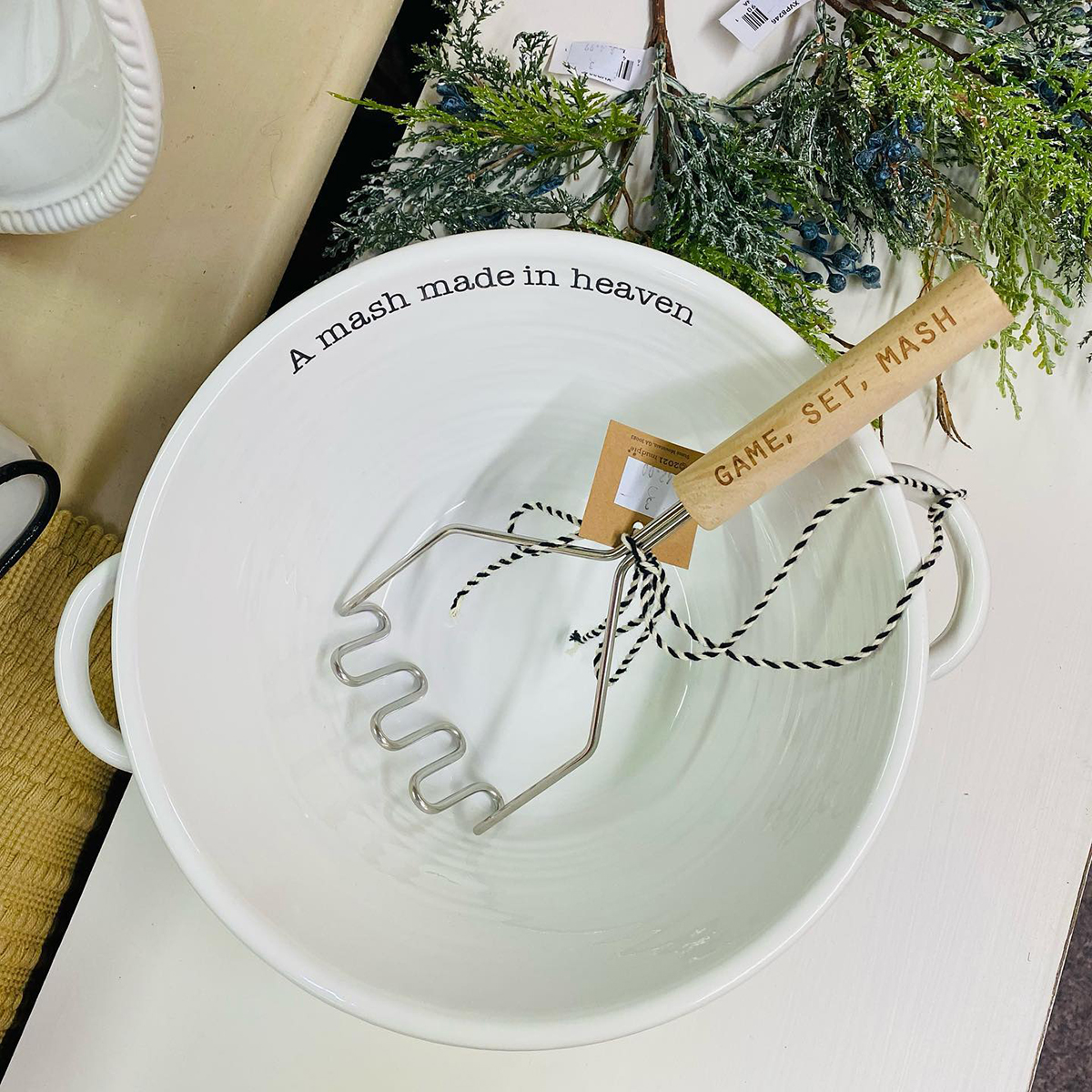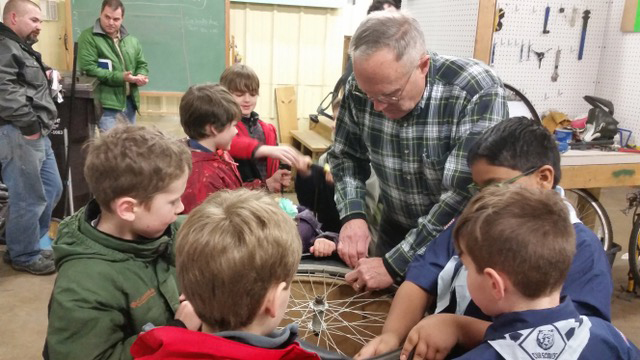WRITER | LISA BECKER CAMPBELL
PHOTO | ALL SPECIES KINSHIP
Since 2001, All Species Kinship in Battle Creek has rescued injured and orphaned wildlife and domestic animals, treating trauma cases at their specialty clinic. In accordance with its mission to live in harmony with all species to the best of our abilities, the nonprofit assesses and responds to at least 500 wildlife calls a year. Their all-volunteer team is passionate about defending the defenseless – no matter the species – and uses proactive outreach to educate people about how they can help. The agency strives to change human values and behaviors, one family at a time.
Additional programs include Chained Dog Advocacy, Vegan Outreach, Farmed Bird Rescue, and Wildlife Help. The nonprofit provides free neutering and delivers hundreds of pounds of free pet food directly to doorsteps weekly, thanks to corporate sponsors. They also routinely rescue farmed animals, especially ducks, geese, and chickens.
As a vegan-operated nonprofit, All Species Kinship does not use animals or their byproducts in the care of their rescues, and they promote a plant-based diet.
If learning about the important work undertaken by All Species Kinship does not inspire advocacy on behalf of the nonprofit, a visit to the website GreatNonprofits.org will certainly seal the deal. The platform for community-sourced stories about nonprofits lauds All Species Kinship, and testimonials are peppered with accolades such as “knowledgeable,” “dedicated,” “amazing,” and “exceptional.”
Helpful Tips if Rescuing Wildlife
Geese and Ducks
It is normal for geese and ducks to nest in the spring in urban areas that are not directly near water. But it’s NOT okay if they are nesting in closed courtyards or rooftops. It is illegal to disturb these nests, no matter how inconveniently placed they are, so reach out to the nonprofit to learn what to do.
Turtles
If found on a road, safely move turtles to the edge in the same direction they are heading. Do NOT relocate them to a different area as they are known to try to find their way back home when displaced! If you find an injured turtle, place it in a container and inside a house to prevent maggots from getting into its wounds. Then call All Species Kinship.
Orphaned Wildlife
First, confirm that the animal is indeed orphaned by taking photos up close (to send to a licensed rehabilitator for assessment) and then observe the situation from a distance.
Baby birds learning to fly will have parental contact every 30 to 60 minutes, typically for feedings, even if they are hopping on the ground learning to fly. Rabbits are rarely seen near their nests; finding a nest without a parent in sight is normal. This is also true for fawns, whose parent purposely attends to them only for feedings but otherwise stays away to help ward off predators. Baby raccoons are naturally curious and will be out during the daytime playing, but if their mother hears you approaching, she will flee and observe her babies in hiding.
Always contact a licensed wildlife rehabilitator or the DNR immediately for help. For those babies who are actually abandoned, focus solely on keeping them warm. A.S.K. recommends the following heat sources:
- Baggies filled with hot water covered by a hand towel, water/pop/juice bottles filled with hot water covered by a hand towel, or socks filled with dry rice heated in a microwave for 1 minute until warm to the touch, covered in a towel to avoid burning babies. Place these into a box with the baby.
- Heating pads should be on low underneath a box but only partially accessible to prevent overheating.
Every case needs to be immediately evaluated by a licensed wildlife rehabilitator because there are many intricacies with each species and issue!
All Species Kinship
Battle Creek MI 49016
(877) 596-7776 l AllSpeciesKinship.org


